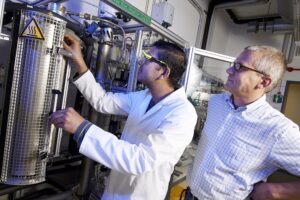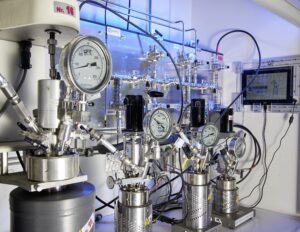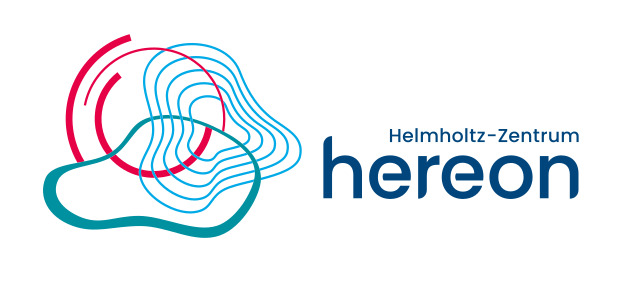CO2-based alkoxycarbonylation reactions

Carbonylations of olefins are among the most important homogeneously catalyzed reactions and are considered one of the most important developments in industrial chemistry of the 20th century. In this process, olefins are converted with carbon monoxide and hydrogen or nucleophiles to form aldehydes or carboxylic acid derivatives. These are used for the production of a variety of everyday products, e.g. intermediates for the production of detergents and cleaning agents, lubricants or plasticizers for polymers, for products as consumer-oriented as infusion bags, tablet covers and respirators, floor coverings and sealing materials and special food packaging. More than 14 million tons of olefin carbonylation products are currently produced worldwide.
In order to put the raw material base for these many applications on a sustainable basis and thus make it fit for the 21st century, the COBRA project aims to create the conditions for a future, resource-optimized production of carboxylic acid derivatives based on carbon dioxide, renewable hydrogen and olefins, which can largely be carried out in existing plants and thus with a low threshold for implementation.
The necessary olefins can be produced from biogenic alcohols. The proposed use of CO2/H2 is not only interesting in terms of more sustainable manufacturing processes and products, but the elimination of CO is also attractive from a safety point of view, especially in future decentralized and generally smaller plants. The main products of the new process are currently carboxylic acid esters. The developed process opens up the possibilities of making completely new products based on carbon dioxide, renewable hydrogen and biogenic olefins accessible.

The COBRA project focuses on the development of new homogeneous catalyst systems for the direct (regio)selective carbonylation of olefins using CO2. This will be coupled with the development of a new low-energy membrane separation process for reprocessing (downstreaming) in order to replace the very energy-intensive thermal separation typically used in these fields of application with a more sustainable technology.
The combination of the two process steps catalytic synthesis and membrane separation offers the potential to achieve a significant reduction in greenhouse gas emissions in large-scale industrial alkoxycarbonylations. By using carbon dioxide and renewable hydrogen, it increases raw material efficiency and allows the use of CO2 as a new source of C1 in carbonylations.


